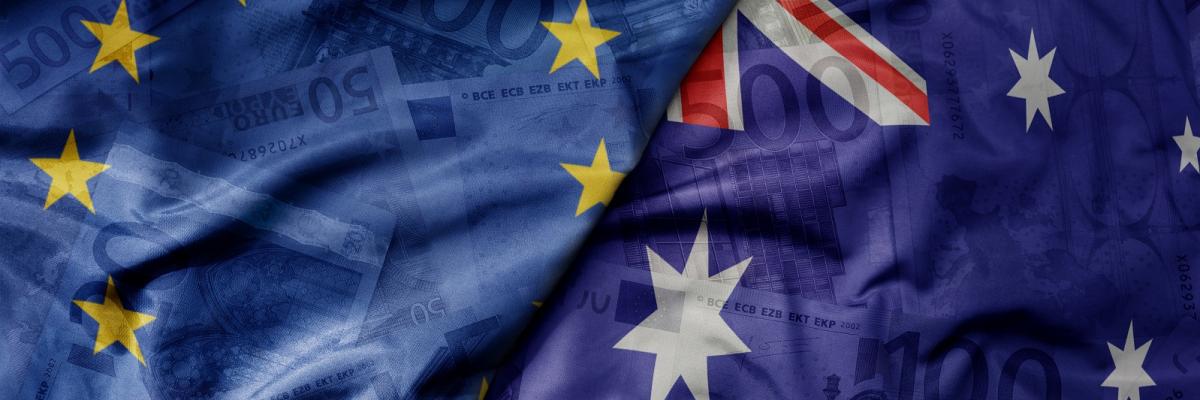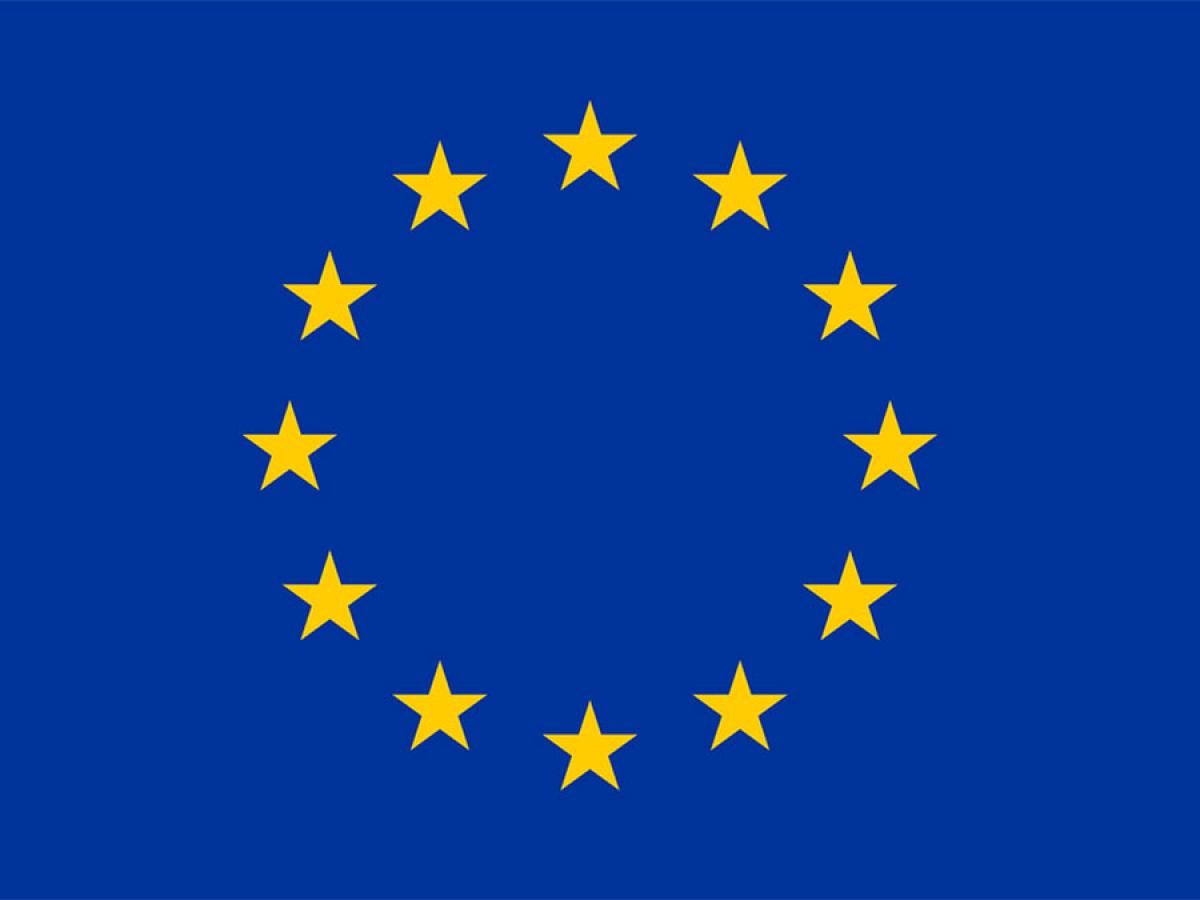The Long and Twisting Road to a Trade Agreement between Australia and the European Union

Australia and the European Union (EU) have worked towards a deep bilateral trade agreement since 2017, yet persistent challenges rooted in historical ties, diverging interests, and political complexities have hindered finalization.
The working paper assesses the intricate dynamics and setbacks in EU-Australia trade negotiations. While both parties advocate for modernizing trade rules beyond the WTO framework, the process has been fraught with setbacks, including disagreements on agricultural market access, intellectual property (specifically geographical indicators), and Australia’s geopolitical alliances, such as AUKUS, which affected relations with key EU members like France.
Through a historical lens, the paper examines the evolution of Australia-EU trade relations, from periods of ambivalence to stronger economic ties. Despite significant convergence in trade policies, sensitive sectors, especially agriculture, remain contentious. Australia’s insistence on maintaining market access for beef, sheep meat, and sugar, and the EU’s restrictions on geographical indicators like “Prosecco,” underscore the challenges of reconciling national interests.
The analysis highlights that while a trade agreement would bring economic benefits, achieving it requires goodwill and willingness to compromise. The paper suggests that both parties need to foster cooperative approaches, considering both economic integration and socio-political sensitivities. This complex negotiation landscape serves as a reminder of the delicate balance between pursuing economic gains and respecting entrenched national interests.
About the author
Dr. Richard Pomfret has been Professor of Economics at the University of Adelaide since 1992. Before coming to Adelaide, he was Professor of Economics at the Johns Hopkins University School of Advanced International Studies in Washington DC, Bologna (Italy) and Nanjing (China). He previously worked at Concordia University in Montréal and the
Institut für Weltwirtschaft at the University of Kiel in Germany.
Views and opinions expressed are however those of the author(s) only and do not necessarily reflect those of the European Union or the European Education and Culture Executive Agency (EACEA). Neither the European Union nor EACEA can be held responsible for them

Funded by the European Union
This work is licensed under Commons Attribution-NonCommercial-NoDerivatives 4.0 International License.
IIT is a global leader in researching, analysing and commenting on International Trade.
Stay informed about our up-and-coming seminars, events, publications, awards, new projects and collaborations, and other exciting news.
